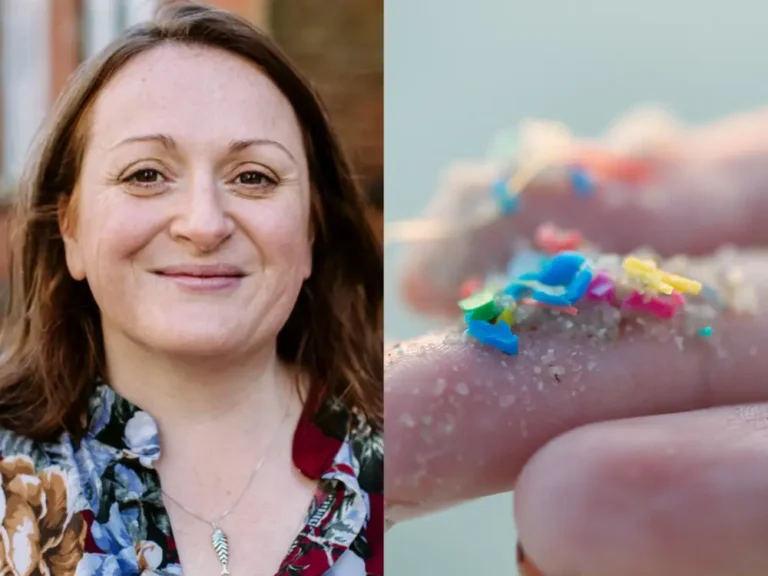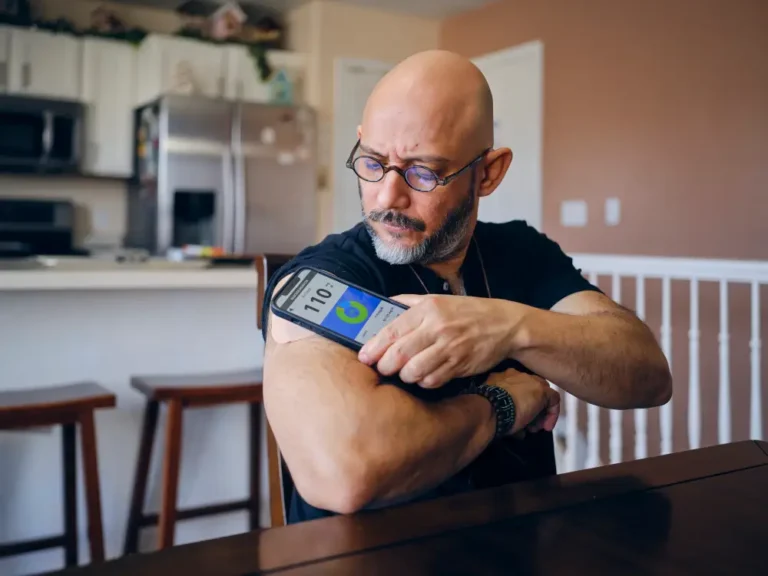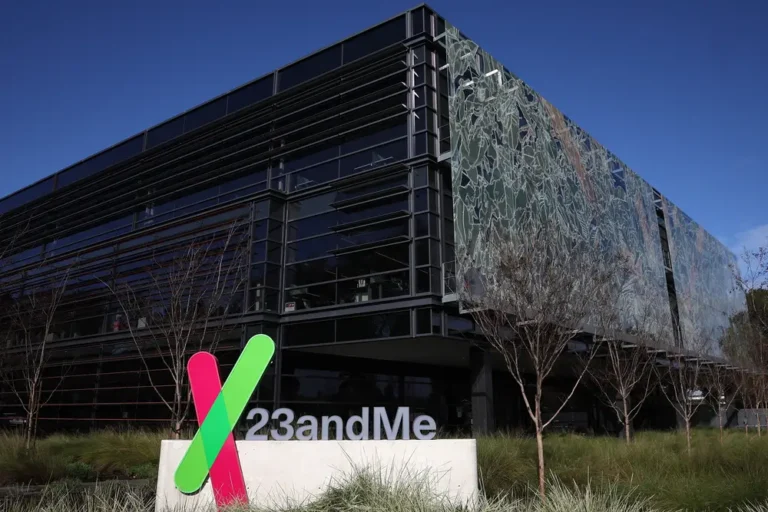Humana just tapped an Envision exec to be its next CEO as the insurance giant pushes deeper into clinics and home care

- Humana CEO Bruce Broussard is stepping down in 2024.
- The health-insurance giant has chosen Envision Healthcare CEO Jim Rechtin to succeed him.
- Under Broussard’s leadership, Humana transformed into a huge provider of primary and in-home care.
Humana CEO Bruce Broussard will step down next year after more than a decade leading the health-insurance giant.
The Louisville, Kentucky-based company announced on Wednesday that Jim Rechtin, the CEO of physician-staffing firm Envision Healthcare, has been chosen to succeed Broussard in the second half of 2024.
Until then, beginning January 8, Rechtin, 52, will serve as Humana’s president and chief operating officer. Broussard, 61, will remain with the company as a strategic advisor until 2025.
Broussard told Insider in an exclusive interview this week that the leadership change is part of good governance and does not indicate a shift in strategy.
“Every company needs a change in scenery, and I am just a real big believer that a leader is good at the right time, and sometimes moving on really provides the organization a fresh look at things,” Broussard said.
Rechtin will take on a business that looks drastically different than the one Broussard took over in 2013.
Under Broussard’s leadership, Humana’s revenue has grown to $92.9 billion in 2022 from $39.1 billion in 2012. Over that time, the insurer’s net income has more than doubled to $2.8 billion from $1.2 billion. The stock price has climbed above $500 from $63, giving Humana a market value of $62 billion.
Rechtin’s background working at healthcare providers, as well as his experience with Medicare Advantage—Humana’s largest business—made him a good fit to advance Humana’s strategy, which has increasingly focused on integrating insurance and care delivery under one roof, according to Broussard.
Rechtin held leadership roles at dialysis provider DaVita’s medical group, which was bought by UnitedHealth Group’s health-services company Optum in 2019. According to a Humana spokesperson, he oversaw DaVita Medical Group’s California region, which cared for hundreds of thousands of Medicare Advantage patients. In 2020 Rechtin took the helm of private equity-owned Envision, which had faced congressional scrutiny for its practice of surprise-billing patients. In May, the company declared bankruptcy.
“He’s really done a great job of taking something that was very complex, navigating through it, keeping and motivating the physicians and clinicians, while at the same time taking care of the business problems that were there beforehand,” Mr. Broussard said.
Rechtin, a native of Kentucky, holds an undergraduate degree from DePauw University in Indiana and an MBA from Harvard.
Humana has transformed as it focuses on senior care
After UnitedHealth, Humana is the second biggest company in the US that offers private health plans to seniors through the Medicare Advantage program.
Five and a half million people now have Medicare Advantage through the company, up from 1.9 million in 2012. Humana has more than 17.1 million people signed up for its insurance plans.
The most important change is that Humana has gone from being a regular health insurer to one of the biggest companies that helps seniors get primary care and care at home. This year, Humana split its business into two parts to reflect how it has changed over time: insurance and CenterWell, which is home to clinics, home health care, and pharmacies.
Broussard said that combining insurance benefits with care delivery is meant to make healthcare easier for people to understand and use and to improve patients’ health.
“We just feel that that is, over the longer term, a much more effective model and has better outcomes as you measure both the quality scores and the satisfaction scores, in addition to affordability,” he stated.
In an interview in 2021, Broussard told Insider that Humana decided to focus even more on building clinics for Medicare Advantage members after a federal judge stopped the company from merging with a competitor, Aetna, in 2017. It also started putting money into other primary care startups, like Oak Street Health and Iora Health, which was later bought by One Medical.
As of June 30, Humana owned 258 primary care clinics that saw 272,200 patients. At the clinics, doctors are paid based on how well they care for patients instead of being billed for each test or service they provide. This is called “value-based” payment.
It was reported this week that about 65% of Humana members are cared for under some kind of value-based arrangement.
Pushing into home care
Humana has also done more than most insurers to offer home health care.
In 2021, Humana bought Kindred Healthcare’s home health business, which added more than 40,000 clinicians to its staff. It has also put money into companies like DispatchHealth and Heal that offer in-home care. Humana most recently said that its primary care clinics would start visiting patients in their own homes to take care of them.
“We see home as being our next area of advancing value-based payment models,” said Broussard.
Broussard said that he thinks Humana will continue to bring insurance and health care together more closely now that Rechtin is in charge. The business will also keep adding new types of care that it gives directly to seniors.
Broussard used Humana’s recent move into mental health care as an example. The business is working with General Atlantic to create a new company called Author Health. This company will treat Medicare Advantage members with serious mental illnesses and substance use disorders. That new company will eventually join Humana, Broussard said.
For me, the insurance business is only going to get bigger. “I see CenterWell growing in both the services it already provides and in the ability to offer new services while combining the ones it already has, making a much stronger value proposition,” he said.






